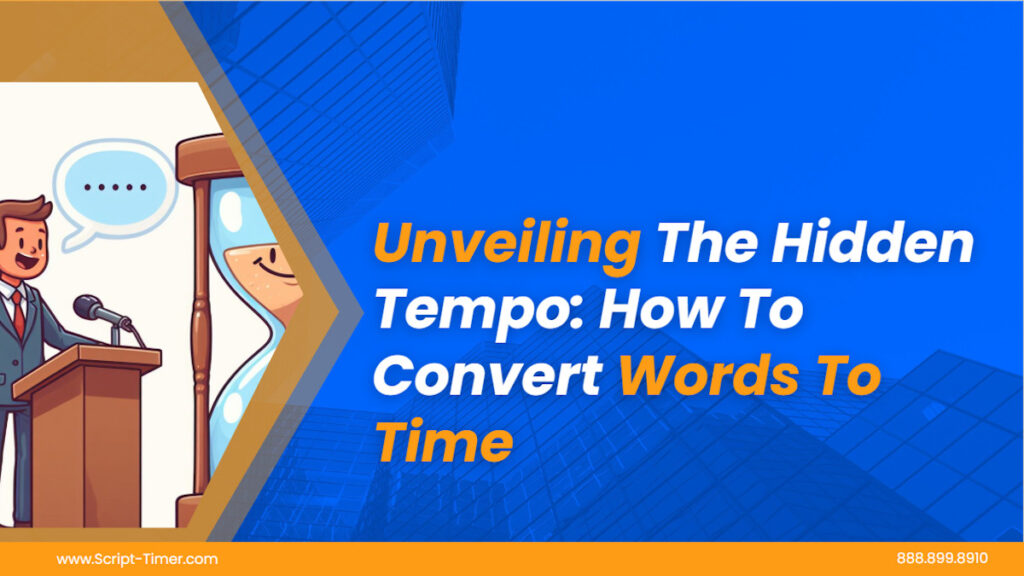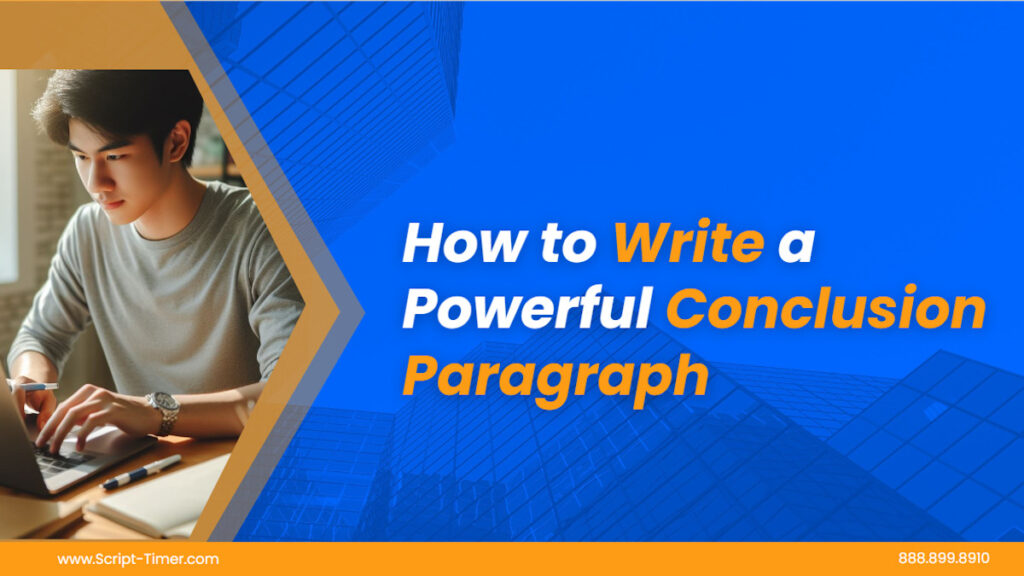We’ve all had the need to convert words to time. Maybe you’re creating a presentation and you need to know its exact delivery time, to ensure it stays in your desired timeframe, but don’t worry fellow writers! Because in this blog, we’ll delve into the fascinating world of words to time conversion, and we’ll learn everything that you need to know to successfully convert your words to time, and we’ll even check out some of the best online tools to achieve this.
The Reading Rhythm: Unveiling Your Word Per Minute
The key to accurate words to time conversion, is to know your personal reading speed measured in words per minute because this metric is an estimation of how quickly you can read, process, and comprehend written text, so let’s see how you can calculate your words per minute:
- Online Tests: There are several websites that calculate your reading speed for you by using reading speed tests, these tests often present you a short passage for you to read, and the tool will calculate how many words you can read within a set time frame, some options are: SwiftRead, Free Reading Speed Test, or Outread.
- Timed Reading Practice: Choose a text of any length (The length depends on your goals), and set a timer for a few minutes to calculate how many words you’ve read in that set time frame, and if you want to improve your reading speed, you can practice everyday, trying to read texts in less time each day without compromising your comprehension.
- The Ruler Trick: This is an unconventional but useful method, you need to hold a ruler just below the line you’re reading and count how many lines you can read in one minute, this will give you a good estimate of your reading speed.
Remember that the first step is to understand your WPM and it is a crucial step, an average reader can process around 238 words per minute, but it’s important that you know exactly your WPM for better outcomes.
The Power Of Tools: Online Calculators and Text Analysis
If you want a much easier way to estimate your words per minute, you can try one of the many words to time tools in the market, and many of these tools can even analyze your texts, and factor in factors like sentence complexity and presence of headings and punctuation., so let’s see the best options you can try:
- The Read Time: This is one of the best websites to estimate your reading time, it estimates your reading time based on the number of words you paste or upload.
- Script-Timer: This is probably the most complete tool you’ll find, because it offers different words to time tools that are adjusted to different specific occasions like a public speaking time calculator, a podcast words to time calculator, a school presentations calculator, and many other options. And if you sign up you can unlock many cool writing tools like an AI Script Coach, voice over creation, grammar checker, that you’ll unlock for free!
- Speech Recognition Software: There are softwares that allow you to upload your text and then have it read out loud at a natural pace, allowing you to have a better idea of how long delivery will take.
Remember that while these tools are precise and a great option to use, you need to really understand your reading and talking to speed to have a more accurate estimation.
Factors That Can Affect Words-To-Time Conversion
Words per minute is not the only variable that you need to consider, there are several factors that affect how long it will take you to process written content, let’s review them:
- Text Complexity: This is something that you really need to consider, because texts that use complex and formal words will take longer to read or be delivered, while texts with simple vocabulary will take less time.
- Prior Knowledge: If you’re familiar with the topic of the text, you’ll already be prepared for the information in the text, so you’ll likely read faster because your brain can anticipate upcoming information.
- Reading Environment: If you’re in an environment full of distractions, you’ll need more time to read a text, because even the smallest distractions will take some of your precious time.
- Purpose of Reading: For example, if you’re reading just to comprehend some key points, you won’t need too much focus so you’ll read faster, meanwhile if you’re reading because you need to fully understand the information, you’ll need to be more focused and that will make you read slower.
In conclusion, words to time conversion is just an estimate, and your final reading or delivering time will variate depending on several factors, so if you understand the core principles and use available tools, you can gain much more control over your reading and speaking experiences, so the next time you feel overwhelmed by a long text, just use the power of words-to-time conversion to gain confidence and navigate the written world!





